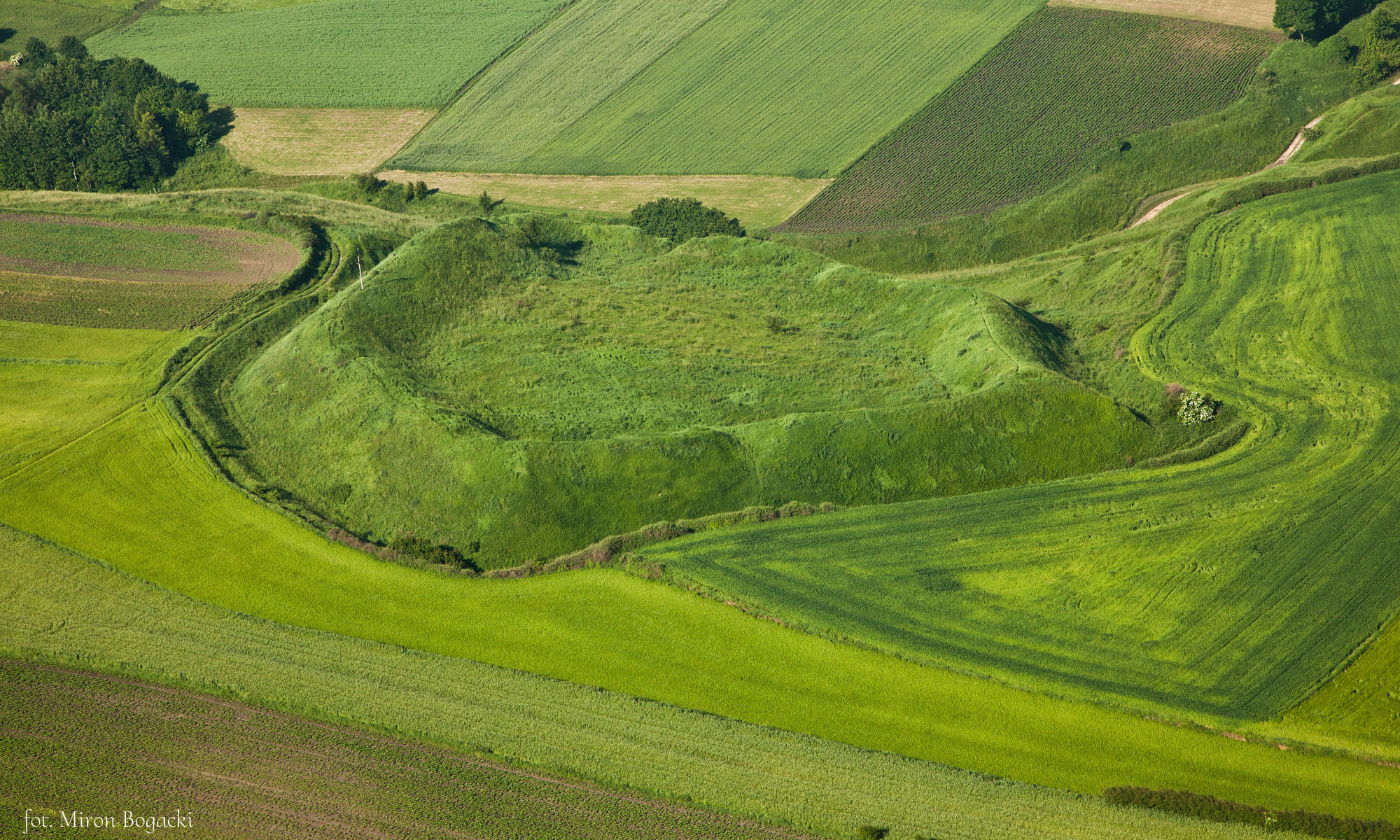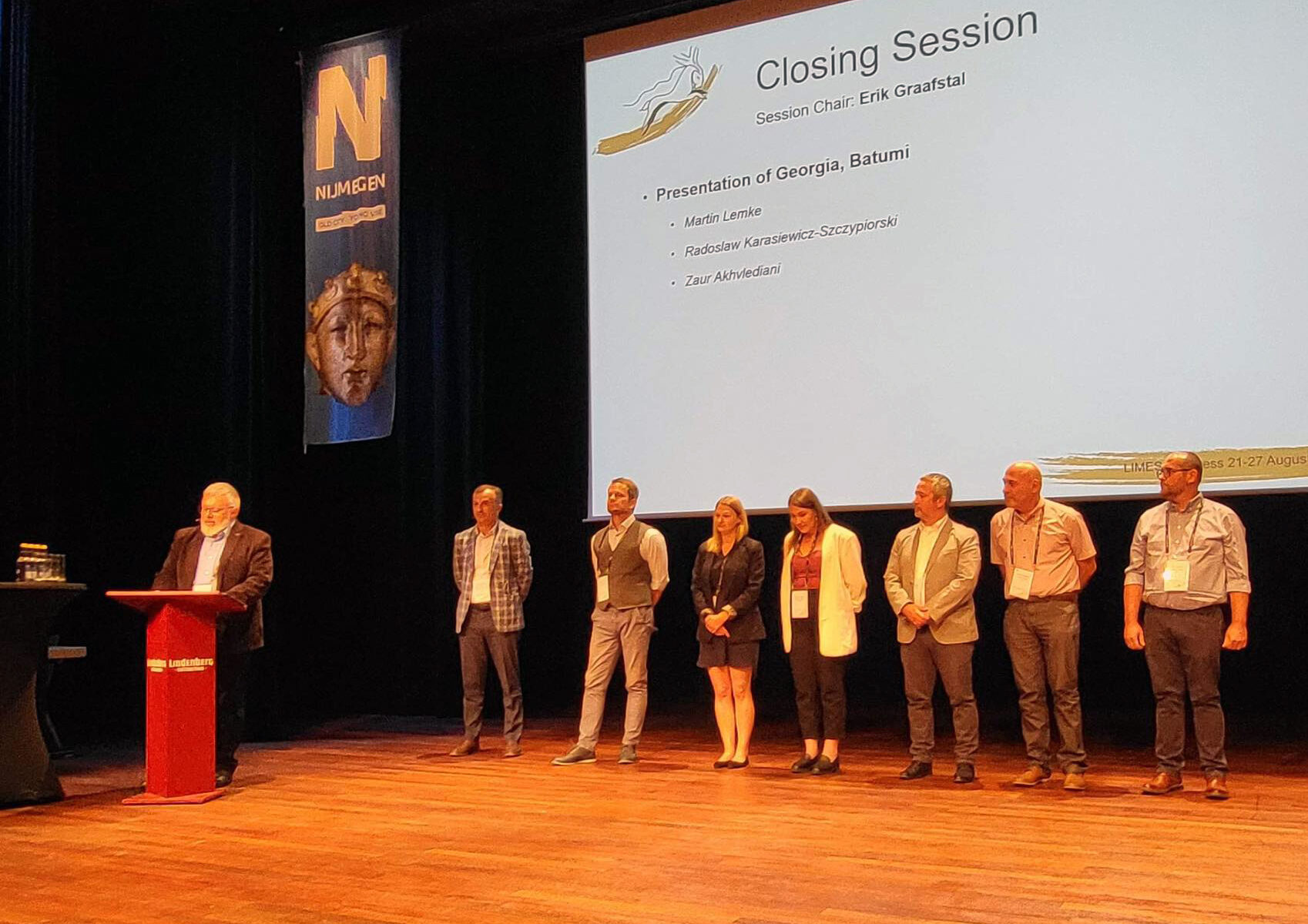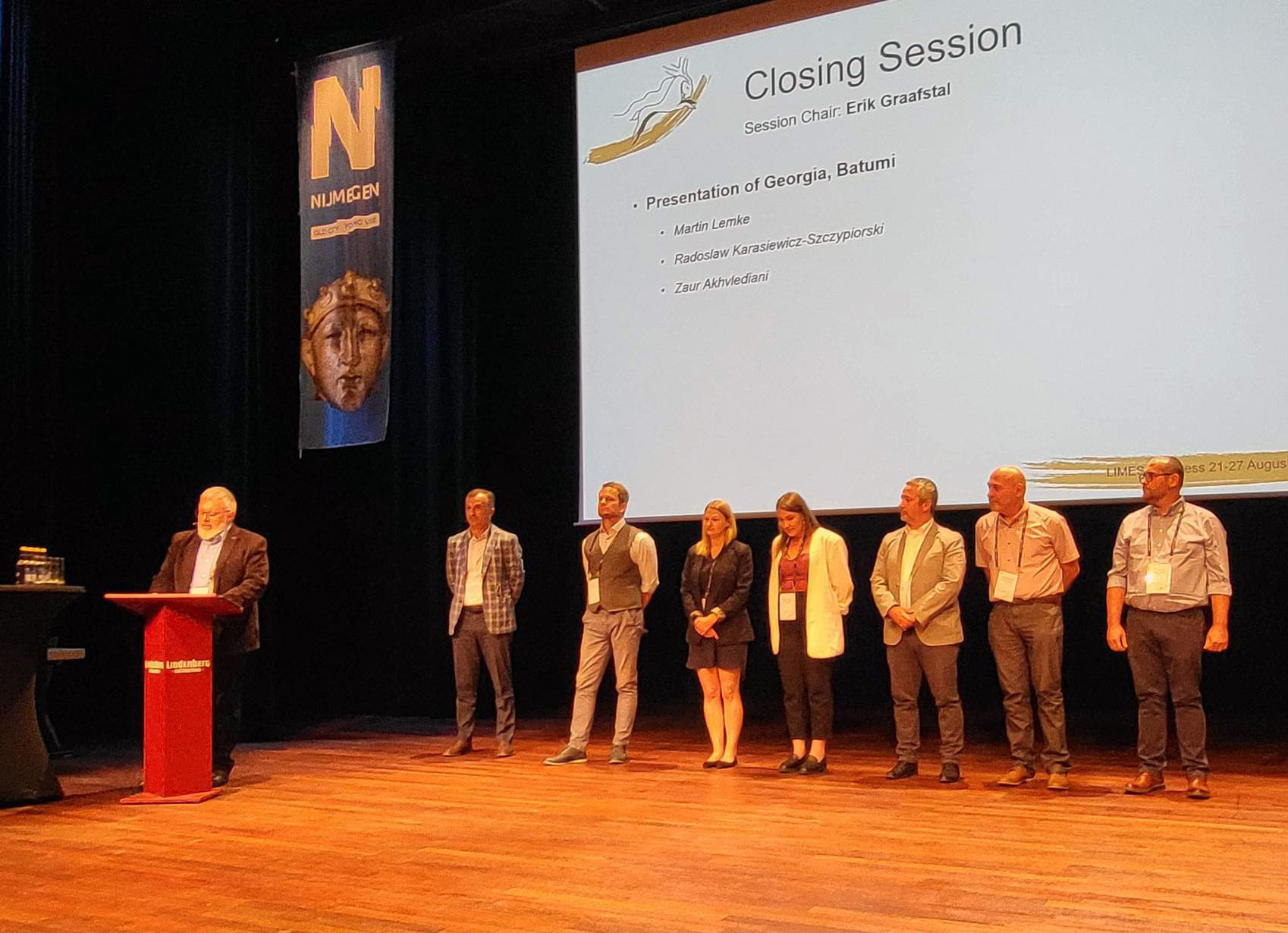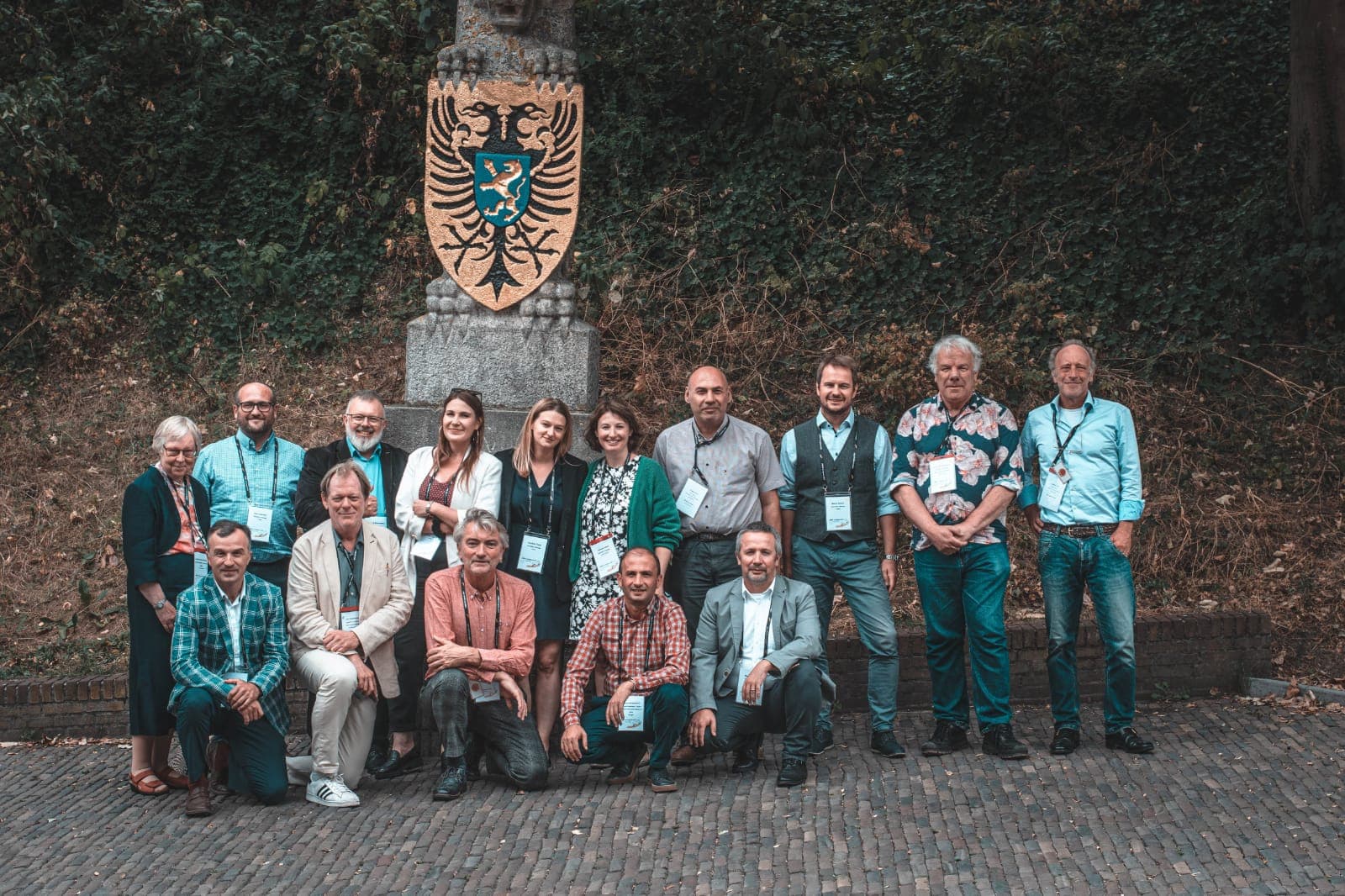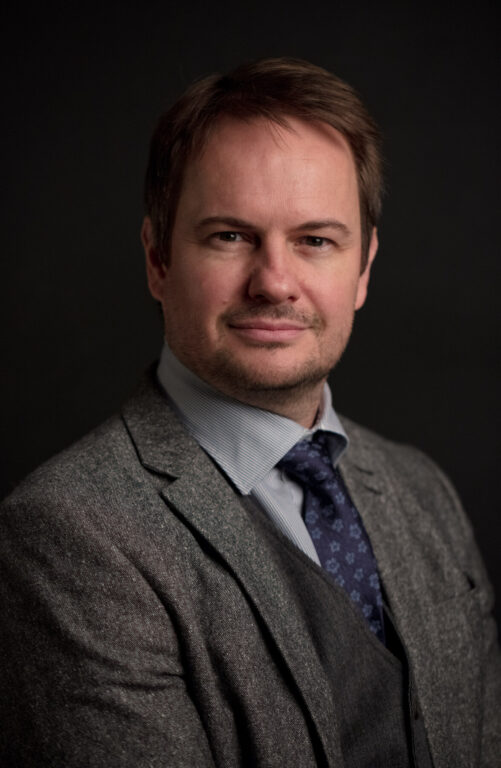
Martin Lemke, PhD
Department of Barbaricum and Roman Provincial Archaeology
e-mail:
m.lemke@uw.edu.pl
telephone:
+48 22 55 22 809
consultation hours:
Monday 11 a.m.–1 p.m., room 3.09
Tuesday 1 p.m–3 p.m., room 3.09
research interests:
– Limes archaeology
– Roman provinces in the Balkans
– Roman army logistics
– Roman aqueducts and methods of water supply
– Ancient and modern military geography
about me:
Graduate of the then Institute of Archaeology at UW and the Faculty of Management at UW. Defended my PhD in 2012 at the Faculty of History, University of Warsaw, with a dissertation on the Military Geography of Lower Moesia. Completed postgraduate studies in International Law.
From 2002 to 2022 employee of the Antiquity of Southeastern Europe Research Centre, University of Warsaw, among other things, coordinator of doctoral studies and project manager of the Danube Limes project under the EU’s Central Europe programme and the Frontiers of the Roman Empire project under the EU’s Culture 2000 programme.
Co-director of the project Archaeology of the Limes Maritimus Scythicus (formerly The Danube Underwater Heritage) and therein manager of the grant The Danube Underwater Heritage. Non-invasive underwater research along the Black Sea coast in the Danube Delta area, NCN: 2018/02/X/HS3/01745.
Author and promoter of Limes topics on behalf of the Limes Congress (e.g. S. Jilek, P. Dyczek, M. Lemke (eds.), In the Footsteps of the Romans, Warsaw 2011; S. Jilek, M. Lemke, P. Dyczek, J. Reclaw (eds.), The Danube Limes – A Roman River Frontier, Wien 2009). Member of the organising team of the 26th Limes Congress Batumi 2024.
Member of the Committee on the Archaeology of the Mediterranean Countries of the Polish Academy of Arts and Sciences and the Sports Council of the University of Warsaw.
bibliography:
ORCID
Academia.edu
selected publications:
- Lemke, The Dwindling Legion. Architectural and Administrational Changes in Novae (Moesia inferior) on the Verge to Late Antiquity, [in:] R. Collins, M. Weber, M. Symonds (eds.), Roman Military Architecture on the Frontiers in Late Antiquity: Armies and their Architecture, London 2015, 90-97.
- Lemke, Die Tücken des Terrains. Einige Aspekte der Militärgeschichte der Unteren Donau zwischen Limes und Neuzeit, [in:] G. Sommer von Bülow (ed.), Kontaktzone Balkan. Beiträge des Internationalen Kolloquiums “Die Donau-Balkan-Region als Kontaktzone zwischen Ost-West und Nord-Süd” vom 16. bis 18. Mai 2012 in Frankfurt am Main, Kolloquien zur Vor- und Frühgeschichte 20, Bonn 2015, 129-140.
- Lemke, Towards a military geography of Moesia inferior, [in:] L. Vagalinski, N. Sharankov (eds.), Limes XXII. Proceedings of the XXIInd International Congress of Roman Frontier Studies held in Ruse, Bulgaria (September 2012). Sofia 2015, 845-852.
- Lemke, Marsigli’s Moesia: the Limes Sites in Bulgaria as seen in the 18th Century, [in:] A. Tomas (ed.), Ad fines imperii Romani. Studia Thaddaeo Sarnowski septuagenario ab amicis, collegis discipulisque dedicate, Warszawa 2015, 173-192
- Lemke, A. Tomas, The Mithraeum at Novae revisited, [in:] A. Tomas (ed.), Ad fines imperii Romani. Studia Thaddaeo Sarnowski septuagenario ab amicis, collegis discipulisque dedicate, Warszawa 2015, 227-247.
- Lemke, Danube, Limes & Logistics. Some thoughts on Roman army supply chains in Moesia inferior, Novensia 27 (2016), 9-38
- Lemke, Zwei bronzene Acheloosmasken aus der hellenistischen Hafensiedlung Rhizon (Montenegro), Archäologisches Korrespondenzblatt 47 (4/2017), 489-500.
- Lemke, The water supply of the legionary fortress Novae (Bulgaria), [in:] S. Matešić, C.S. Sommer (eds.) Limes XXIII: Proceedings of the 23rd International Limes Congress Ingolstadt 2015. Akten des 23. Internationalen Limeskongresses in Ingolstadt 2015, 1015-1023, 2018
- Lemke, Advocatus diaboli – What if it was not the Eighth Legion that built Novae?, [in:] Novensia 29 (2018), 73-86.
- Lemke, G. Nuţu, M. Bajtler, K. Trusz, The Danube Underwater Heritage Project — First Steps, Novensia 29 (2018), 87-101.
- Lemke, M. Bajtler, K. Trusz, Naval Supply Lines for the Roman Army in Moesia Inferior — Basic Considerations for the Danube Underwater Heritage Project, [in:] „Światowit” Supplement Series U: Underwater Archaeology, vol. II (2019) – Archaeology: Just Add Water, 39-58.
- Lemke, S. Shpuza, B. Wojciechowski, Bushat, not lost but found: A ‘new’ Illyrian settlement in northern Albania, Antiquity 95/380, 1-9. doi:10.15184/aqy.2021.11
- Lemke, Wasserversorgung mit einem Hauch von Selbstdarstellung. Zu den gestempelten flavischen Tonrohren aus Novae, [in:] K. Balbuza, M. Duch, Z. Kaczmarek, K. Królczyk, A. Tatarkiewicz (eds.) Antiquitas Aeterna. Classical Studies dedicated to Leszek Mrozewicz on his 70th Birthday (= Phillippika 153), Harrassowitz Wiesbaden, 2021, pp. 185-197.
- Lemke, Lots of plumbing, little plumbum. The lead piping in Novae revisited on the occasion of a new find from sector 12, Novensia 30, 21-30.
- Lemke, M. Daszkiewicz, Mixing it up. An analysis of hydraulic mortars used in the conduits and sewage canals of the Roman legionary fortress Novae (Bulgaria): composition and context, forthcoming
